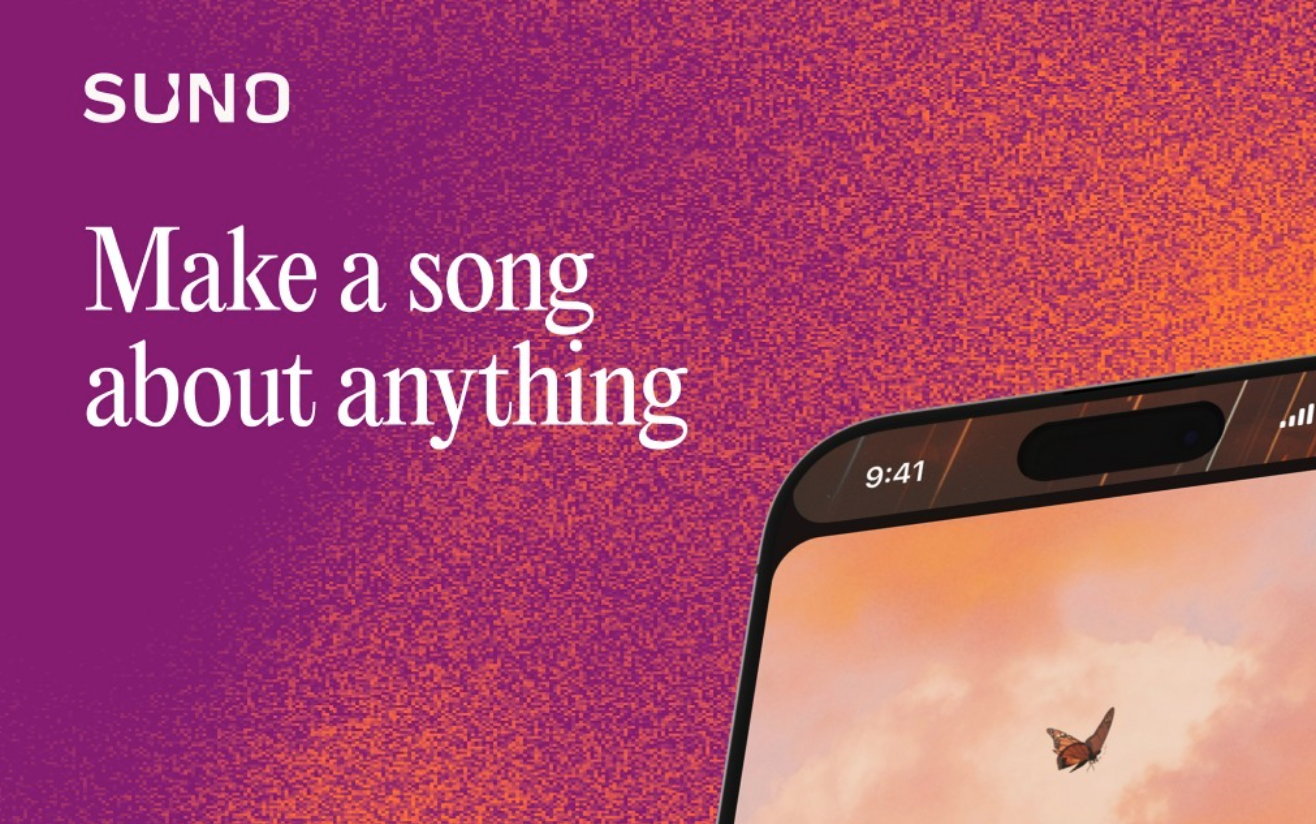“Suno’s training data includes essentially all music files of reasonable quality that are accessible on the open internet.”
“Rather than trying to argue that Suno was not trained on copyrighted songs, the company is instead making a Fair Use argument to say that the law should allow for AI training on copyrighted works without permission or compensation.”
Archived (also bypass paywall): https://archive.ph/ivTGs



If you use a tool, let’s say photoshop, to make an image, should it be of public domain?
Even if the user effort here is just the prompt, it’s still a tool used by an user.
If you roll a set of dice, do you own the number?
I don’t think it is a tool in the same sense that image editing software is.
But if for example you use a LLM to write an outline for something and you heavily edit it, then that’s transformative, and it’s owned by you.
The raw output isn’t yours, even though the prompt and final edited version are.
If you snap a photo of something, you own the photo (at least in the US).
There’s a solid argument that someone doing complex AI image generation has done way more to create the final product than someone snapping a quick pic with their phone.
One could also say that building a camera from first principles is a lot more work than entering a prompt in DALL-E, but using false equivalents isn’t going up get us very far.
I think a fairer comparison in that case would be the difficulty of building a camera vs the difficulty of building and programming an AI capable computer.
That doesn’t really make sense either way though, no on is building their camera/computer from raw materials and then arguing that gives them better intellectual rights.
Well, the AI doesn’t do all the work, you use public domain material (AI output) to create your own copyright protected product/art/thing etc.
All you have to do is put some human work into the creation. I guess the value of the result still correlates with the amount of human work one puts into a project.